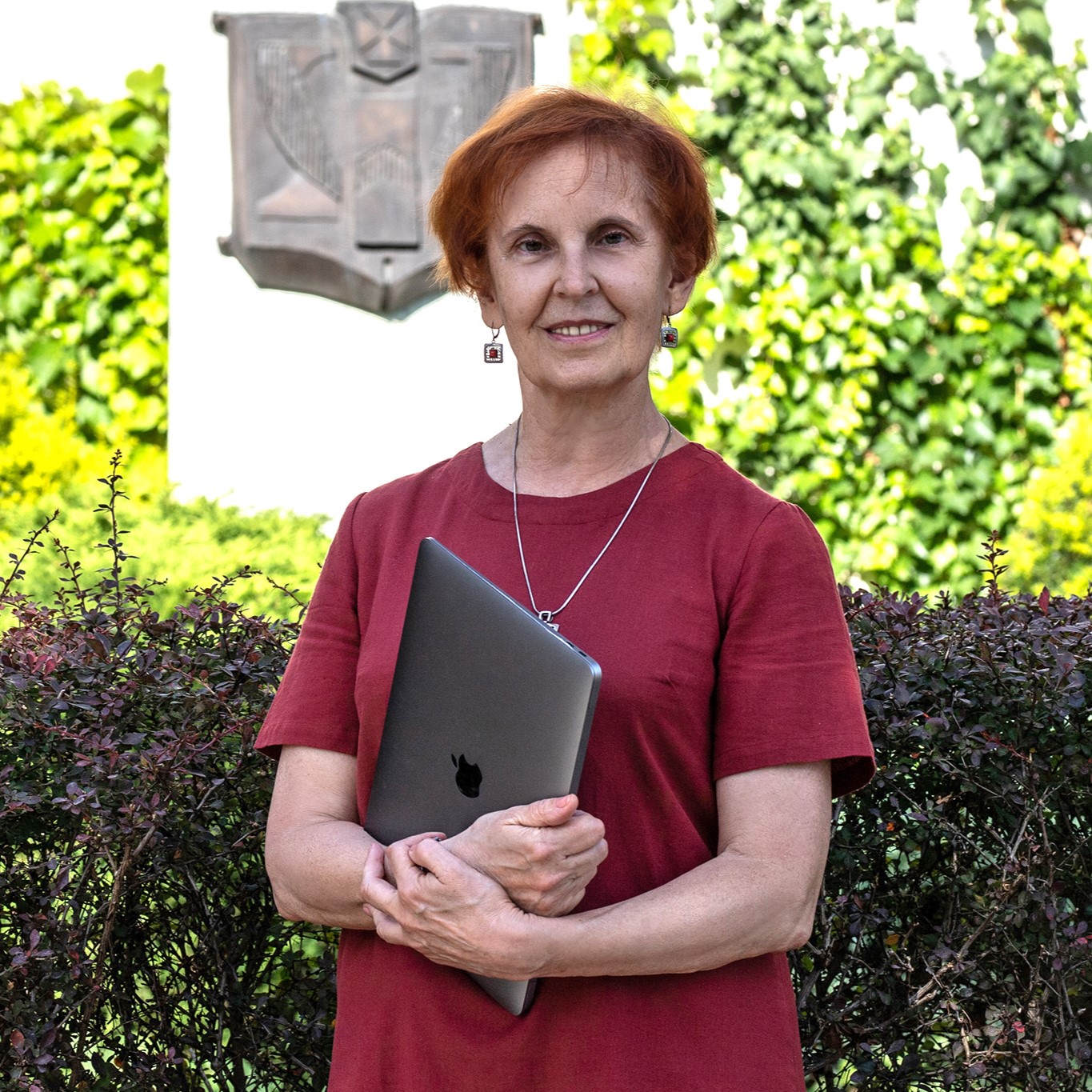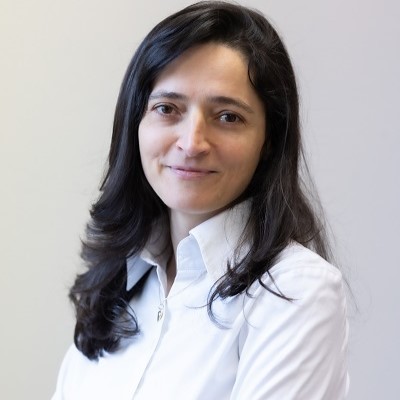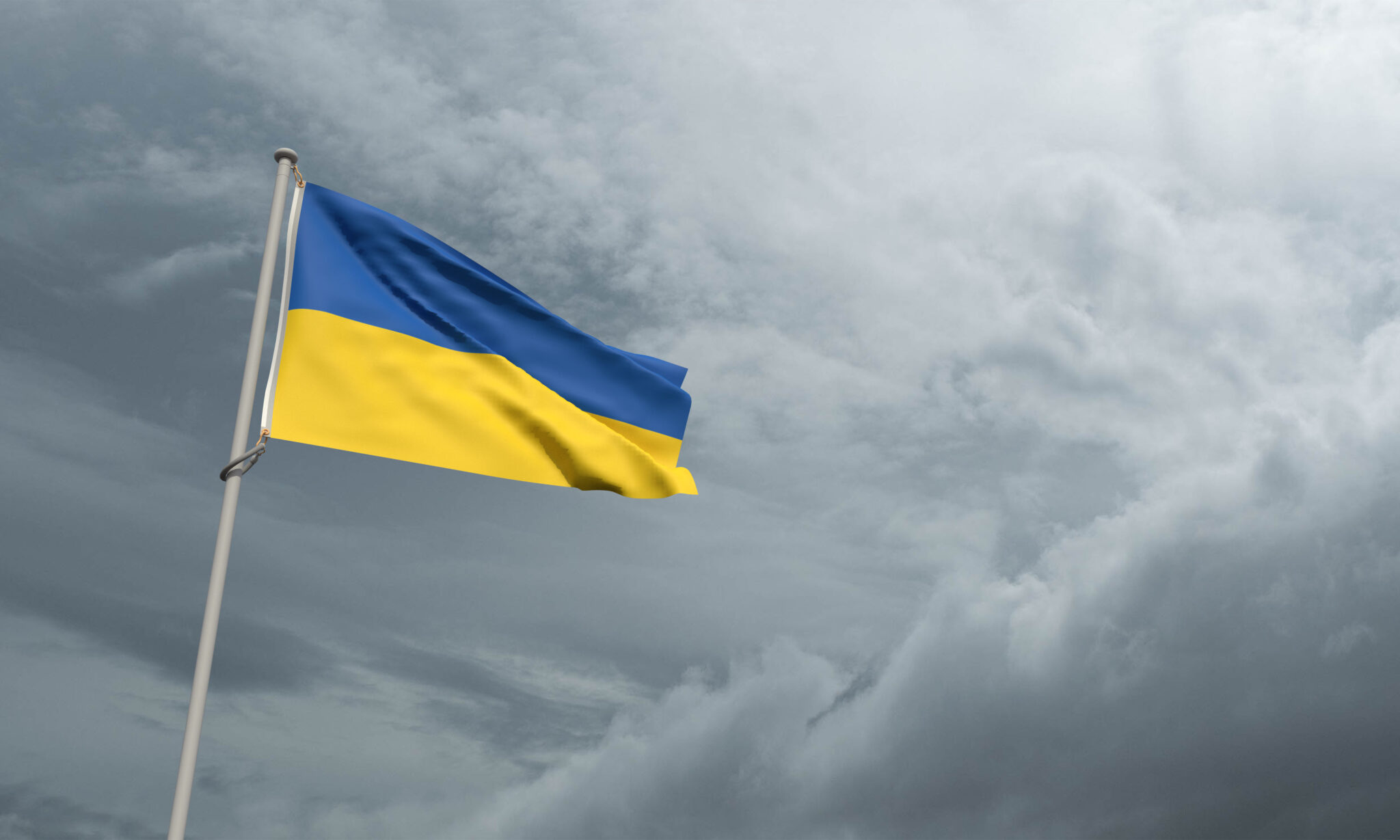
Adiunkt w Katedrze Sztucznej Inteligencji. Doktor nauk technicznych w zakresie teorii, systemów i urządzeń transmisji danych (Politechnika Woroneska, Ukraina), docent (Narodowy Uniwersytet Techniczny w Tarnopolu, Ukraina), inżynier systemów informatycznych (Politechnika Sankt-Petersburska, Ukraina). Zainteresowania naukowe dr Berezovskiej koncentrują się wokół modeli oceny skuteczności wprowadzenia/ulepszenia programu nauczania; metod oceny postaw, zachowań, oczekiwań; informatycznych systemów medycznych. Autorka wielu publikacji naukowych oraz dydaktycznych w dziedzinach: e-learning, cyberchondria, informatyka pielęgniarska, edukacja włączająca.
Adiunkt w Katedrze Kognitywistyki i Modelowania Matematycznego. Doktor nauk ekonomicznych w zakresie nauk o zarządzaniu (Uniwersytet Ekonomiczny w Krakowie), magister informatyki w zakresie zarządzania (Uniwersytet Ekonomiczny we Wrocławiu). Prowadzi badania: Edukacja dla zrównoważonego rozwoju i kształtowanie świadomości ekologicznej. Adaptuje rozwiązania e-learningowe w kontekście dydaktyki uniwersyteckiej. Zainteresowania badawcze dr Rataj to statystyka medyczna, kształtowanie świadomości ekologicznej.

Addressing Challenges with Refugee Faculty of Ukrainian Universities through Sustainable Integration/ Education should survive even under the damaging impact of the war
The impact of the war on higher education and research in Ukraine is devastating. A great many teachers, researchers and students had to flee ruined universities and research centers. The war has destroyed science centers in Ukrainian cities such as Kharkiv, Sumy and Mariupol.
According to data reported by Frontex, the European Border and Coast Guard Agency, on 6 June 2022, “5.3 million Ukrainian citizens have fled to the EU since the beginning of the war in February. The total number of displaced people who have entered the EU, including also non-Ukrainian nationals, is 7 million” (Frontex News Release). Among them are 22,000 researchers — mainly women with children.
“Scientists worldwide have stepped up to help their colleagues through grassroots efforts such as ScienceForUkraine, which has collated thousands of jobs offers at labs worldwide for Ukrainian researchers in need”.
The University of Information Technology and Management in Rzeszow, Poland (UITM), being one of recipient institutions in Poland, has put considerable effort to support the absorption of Ukrainian academics and researchers who have become refugees into our community.
A language barrier is the first and most common challenge the refugees encounter right after arrival to the country. The consequence is far beyond stress caused by not being able to communicate with local people around and to do routine daily things though they are also important.
The researchers have professional experience in their field. Unfortunately, they can’t apply for a job relevant to their qualifications if they don’t have professional language proficiency. Since educated refugees normally speak English, it may be of use in some cases over the orientation period. Thus, the language barrier reduces the value of educational background and qualifications. The most common solution of coping with this challenge is learning Polish. A large variety of opportunities is offered to Ukrainians. Adults can take language classes organized by local authorities, educational institutions and non-governmental organizations. Language programs for Ukrainian refugees are mostly sponsored by grants from local, national, international or private entities. For example, the “Learn, Play, Relax” center was established as a part of the Academic Club IQ on March 8, 2022 at the UITM. Intensive language programs were developed with a practical look at daily life in different contexts including traditions, family life, culture, job and education. Flexible curricula were supplemented with immersive events, like navigating the city and nearby, local cuisine and festivities, public services under supervision of volunteer tutors.
Employment may be considered as a determinant integration outcome for refugees which facilitates access to other integration resources. The Labor Legislation in Poland was supplemented with a few special permissions regarding employment of Ukrainian citizens arrived to Poland after 24 February, 2022, sometimes highly experienced professionals are not able to get employed because their expertise cannot be transferred into the Polish educational sector. Thus, professional training is a pre-requisite for a successful outcome in seeking a job.
Educational community in EU and Poland in particular expressed their unconditional solidarity with the hundreds of Ukrainian colleagues in overcoming the problem of integration in a new environment. Multi-year experience in academic mobility, research collaborative projects and professional networking have provided a great support to welcome Ukrainian colleagues at universities, laboratories, research centers etc.
Curriculum content was also a challenge. As to curriculum specifics, Ukrainian faculty could have an orientation period up to one semester to prepare their courses according the curriculum and to improve Polish language skills to be able to teach in Polish also. In November 2022 a Polish language program for the UITM Ukrainian faculty who will be teaching their courses in Polish the next academic year was launched. Also at the UITM we have a kind of informal individual counseling when a Polish colleague introduces a Ukrainian colleague to specifics of overall organization of instruction.

elements.envato.com
With these concerns in mind, we conducted a survey to collect and analyze qualitative data for better understanding of what difficulties new Ukrainian colleagues face at the UITM. Qualitative data can be further interpreted to define key factors and perspectives. The questionnaire was distributed to Ukrainian faculty and researchers employed at the UITM from the Spring semester 2021/2022.
Survey questions asked respondents about:
- Suggestions to improve the process of adaptation of employees at the UITM;
- Impressions of the UITM after having been employed;
- Evaluation of a manager’s involvement in the adaptation process during the first days of work;
- The most unexpected thing (positive/negative) when the work has begun;
- A reason to return to the UITM (applicable to workers who renewed an agreement with the UITM after a break in employment);
- Problems faced at the beginning of work regarding the following matters:
- Teaching (applicable to faculty and research staff);
- Organizational and administrative issues;
- Functioning of departments / administrative offices;
- Cooperation with other colleagues (including those from other departments);
- Cooperation with the head;
- Other remarks.
One more survey was carried out three months later to evaluate the quality of teaching provided by new Ukrainian faculty. Students taught by Ukrainian staff were asked to express their opinions and attitudes by completing a questionnaire (based on Google Forms). The results were processed with Google Sheets tool. The UITM Quality System ensures an assessment of teaching quality with a standardized Course Experience Questionnaire used to collect quantitative data. The questionnaire, distributed online to all UITM students, consists of 6 standardized questions referring to the quality of teaching including feedback and interaction. The Course Experience Questionnaire includes the following questions:
Q1. In your opinion, is the teacher usually thoroughly prepared for classes?
Q2. Does s/he give clear enough explanations of the issues that are discussed?
Q3. Does the teacher try to evoke interest in his/her course? Is s/he creative? Is s/he committed? Does s/he use various methods to stimulate activity and various teaching aids? (Presentations, group work, dialogues, case studies, working with a text, etc.)
Q4. Has the teacher specified the topics and conditions for receiving a credit clearly? Has s/he followed them?
Q5. Does s/he readily answer your questions and doubts in classes?
Q6. Do you feel that your knowledge and/or skills have developed as a result of these classes? Do you feel the teacher fully uses the time of classes? Does the teacher discuss/comment on/analyse the students’ individual work?
The qualitative survey among new Ukrainian teachers aims to measure the satisfaction level of new employees with the process of their induction into new workplace. Completing the survey provided an opportunity to share the difficulties new employees experienced in first weeks at work, but also it gives ideas on how to facilitate getting a member of the UITM community.
The questionnaire included many open-ended questions, collected data were processed using Excel worksheets. Some of respondents’ comments are below:
Suggestions to improve the process of adaptation of employees at the UITM: tea meetings in Polish; longer time of training; department meetings; more close contacts with new employees at the beginning to get feedback regarding if they need help.
Impressions of the UITM after having been employed: everything is very positive; things go as planned; friendly atmosphere; colleagues are nice and helpful.
Evaluation of a manager’s involvement in the adaptation process during the first days of work: full support and assistance; explains the assignment in every detail; sets realistic deadlines; takes interest in my opinion; smooth flow of information between departments and units; understanding and willingness to help made me feel comfortable.
The most unexpected thing (positive/negative) when the work has begun: a single account to access all university IT systems; the university information system works perfectly; friendly relationship despite short employment at the UITM.
Problems faced during four weeks of work: there were minor problems because I don’t speak Polish, and not everybody understands English.
We found that a well-thought organization of the UITM operation (equipment in office spaces and digital environment, collaboration between departments and with senior managers, friendly attitude to colleagues, etc.) is a pre-requisite of successful integrating new colleagues into the UITM community. Therefore respondents did not make any negative remarks on their orientation period. The survey provides clear evidence that comprehensive and competent support makes respondents to feel less vulnerable and more confident. No matter how generous public support is, many Ukrainians prefer working that will help to give them new ways to participate in community life.
In general students were very satisfied with the content of courses themselves and the level of instructional materials provided by Ukrainian teachers. However the findings obtained with this survey showed a strong need for Ukrainian staff training regarding Polish language and didactic communication skills, public speaking, using technology and active teaching methods.
Though our findings are based on empirical considerations, first-hand experience and survey results, this study involves practical implications and shed light on primary challenges with Ukrainian refugees in the emergency context to be overcome through developing and implementing a coherent model of sustainable adaptation. We use the results of two surveys to evaluate the quality of teaching provided by Ukrainian faculty, refine current programs offered to Ukrainian refugees and take measures targeted at further strengthening their integration. In this way we plan to complement large-scale support measures implemented across the country with local-scale support policies at the UITM including: expanding thematic areas of workshops to train Ukrainian teachers on using eLearning systems and student knowledge assessment tools implemented at the UITM; curriculum-specific counseling; training to use technology tools used to conduct practice and laboratory classes.
Finally, the issues of integration created by the Ukrainian migration during the war remain of current interest. Our approach to integration is a work in progress. The UITM has developed successful patterns and gained positive experience in integrating Ukrainian colleagues and their families which can be shared with other academic, public and civic institutions assisting Ukrainian refugees.